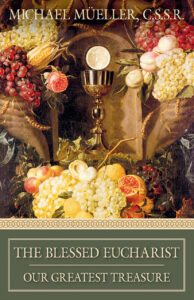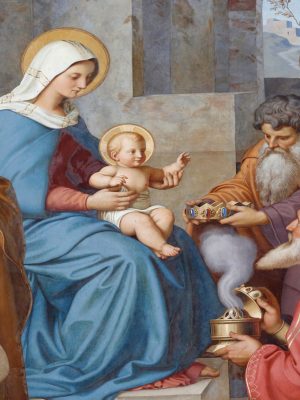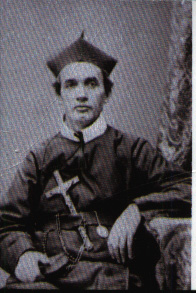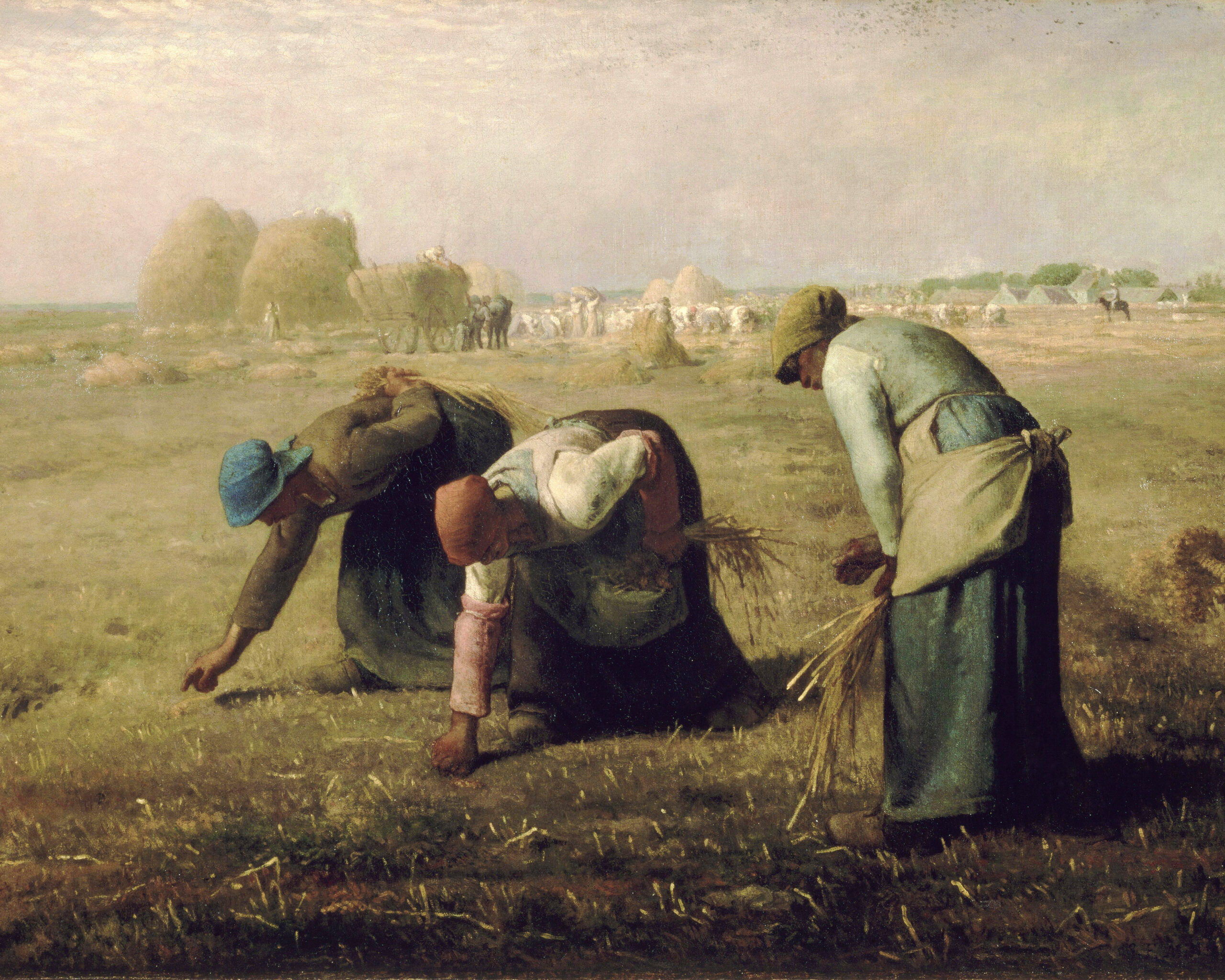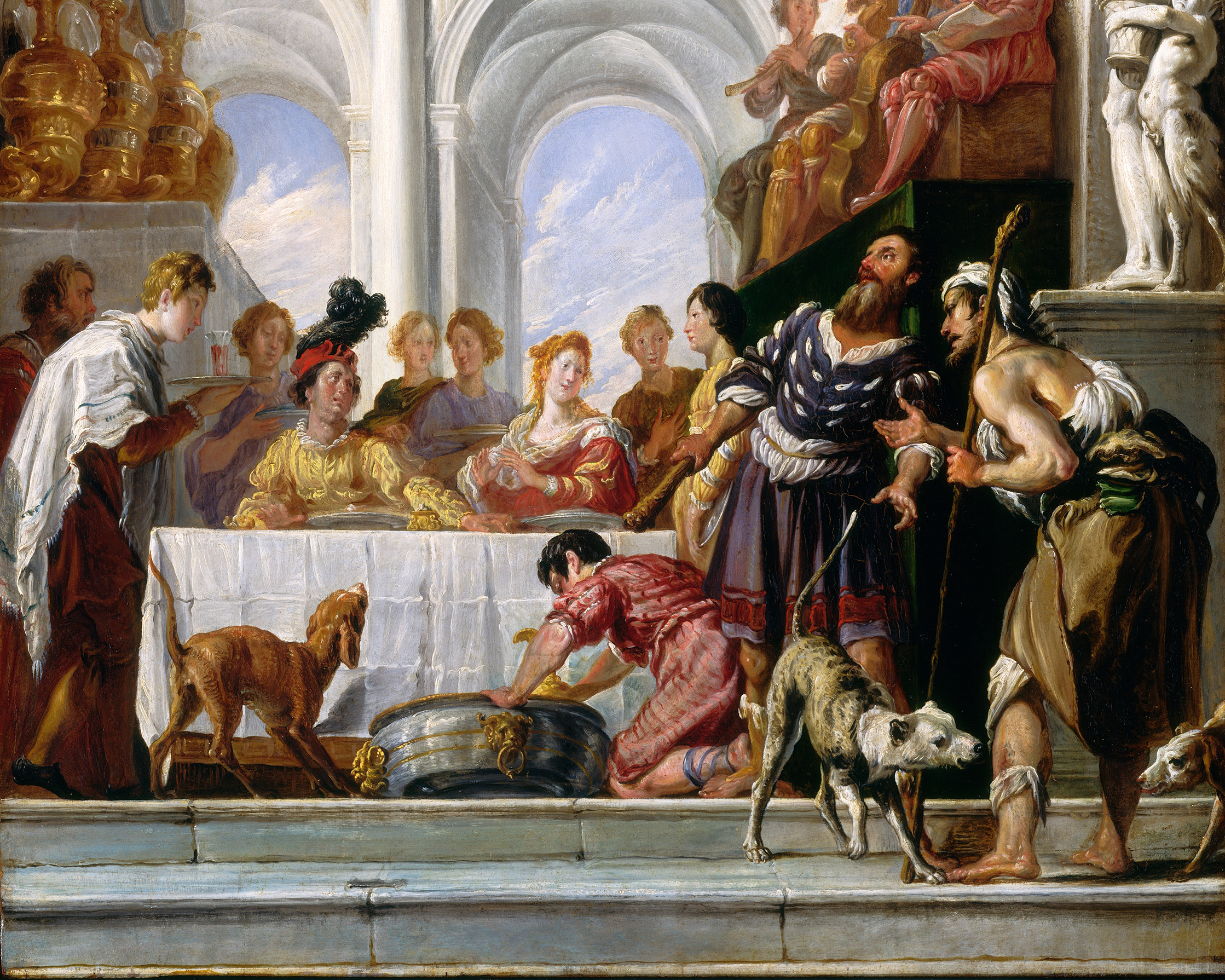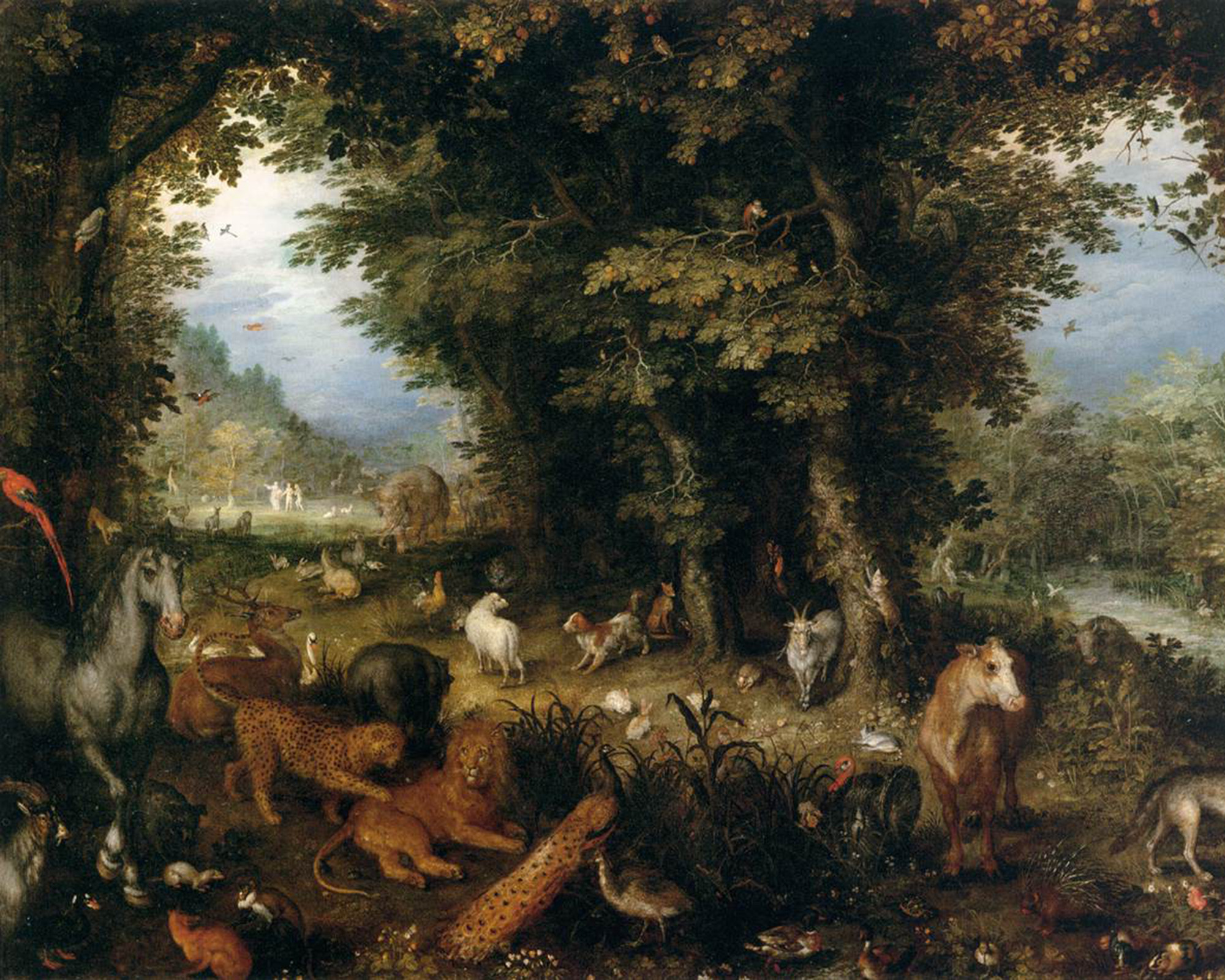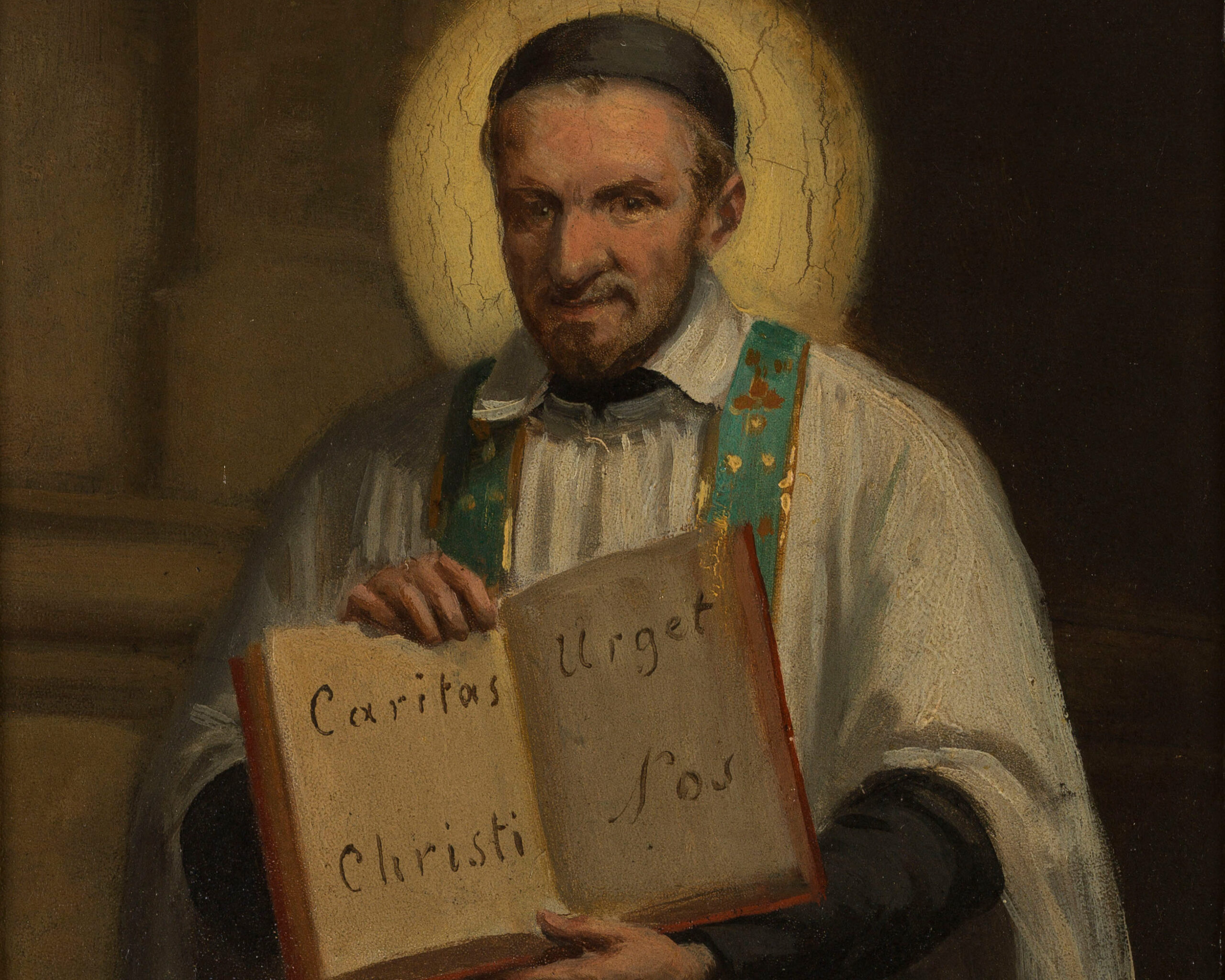Where is the newborn King of the Jews?” inquired the three Magi of Herod, king of Jerusalem. “Where is He?” they repeat in their great desire to find Him. “We have seen His star in the East, and we have come to adore Him. Ah, tell us where He is; we desire so much to see Him; we have made so long a journey in order to become acquainted with Him!” What a joy must it not have been for these three holy kings to learn that the Saviour of the world was born in Bethlehem; with what speed must they not have gone thither to find out their true King, who had caused the wonderful star to appear which led them to His abode.
Beloved Christians, you have heard and read this incident among the many wonderful events in the life of our God and Saviour. On hearing or reading the account, you have perhaps even earnestly desired to have lived at the time of the Apostles in order that you might have had the happiness of seeing your Lord and Saviour. But you ought to know that you are happier now than if you had lived at the time of the Apostles, for you might have been obliged to travel very far and make many inquiries to find out the place of His abode. But now there is no need of traveling far or of making many inquiries to find Him. He is, as we know by faith, in our churches, not far from our homes. The Magi could find Him in one place only; we can find Him in every part of the world, wherever the Blessed Sacrament is kept. Are we then not happier than those who lived at the time of our Saviour Himself? Yes, we are happier than they; no faithful soul can doubt it. But can we say also that we know how to avail ourselves of this happiness?
Alas! How many are there perhaps who must confess that up to this day they have never visited Jesus Christ in the Blessed Sacrament, resembling Jutta, the niece of the Empress, St. Cunegunda, of whom it is related that she stayed at home, without any plausible reason, while the Blessed Sacrament was exposed in the church. St. Cunegunda, inflamed with holy indignation at this indifference, gave her niece a severe slap in the face. The Lord, in punishment of Jutta’s indifference toward Him, allowed the print of Cunegunda’s fingers to remain indelibly stamped on her face. This was a lifelong monitor for her. Such a monitor, however, is not given to everyone to remind him of his duty towards Jesus Christ in the Blessed Sacrament; I will therefore set forth some reasons which ought to induce every faithful soul to show for the future more fervor, gratitude and love for her Divine Saviour by often visiting Him in this mystery of love, and by asking of Him graces, not only for herself, but especially for all those who are cold and indifferent towards the excessive love and patience of their God hidden under the sacramental species.
If there be one consideration which, more than all others, ought to induce you often to visit Jesus Christ in the church, it is the thought of the excessive love which He bears to us in this adorable mystery of His love. “It is my delight to be with the children of men,” says our Divine Saviour in Holy Writ. Oh, what great condescension it would be for a king to invite a poor man to come to his palace and to keep company with him! But Jesus Christ, the King of Heaven and earth, says: “Come all ye that labor and are burdened, and I will refresh you.” (Matt. 11:28).
Ought we not to look upon it as a great grace and favor to be invited into His presence? Surely, we ought to find our delight in His company since He is delighted to be in ours. We ought to go to Him frequently and say to Him: “My Jesus, why dost Thou love me so much? What good dost Thou see in me that Thou art so enamored of me? Hast Thou already forgotten the sins by which I have offended Thee so grievously? Oh, how can I love anything else than Thee, my Jesus and my All? No one has ever done so much to make me happy as Thou hast done, O amiable, O most amiable Jesus! Never let me love anything but Thee.”
This article is taken from a chapter in The Blessed Eucharist by Fr. Michael Mueller, which is available from TAN Books.
